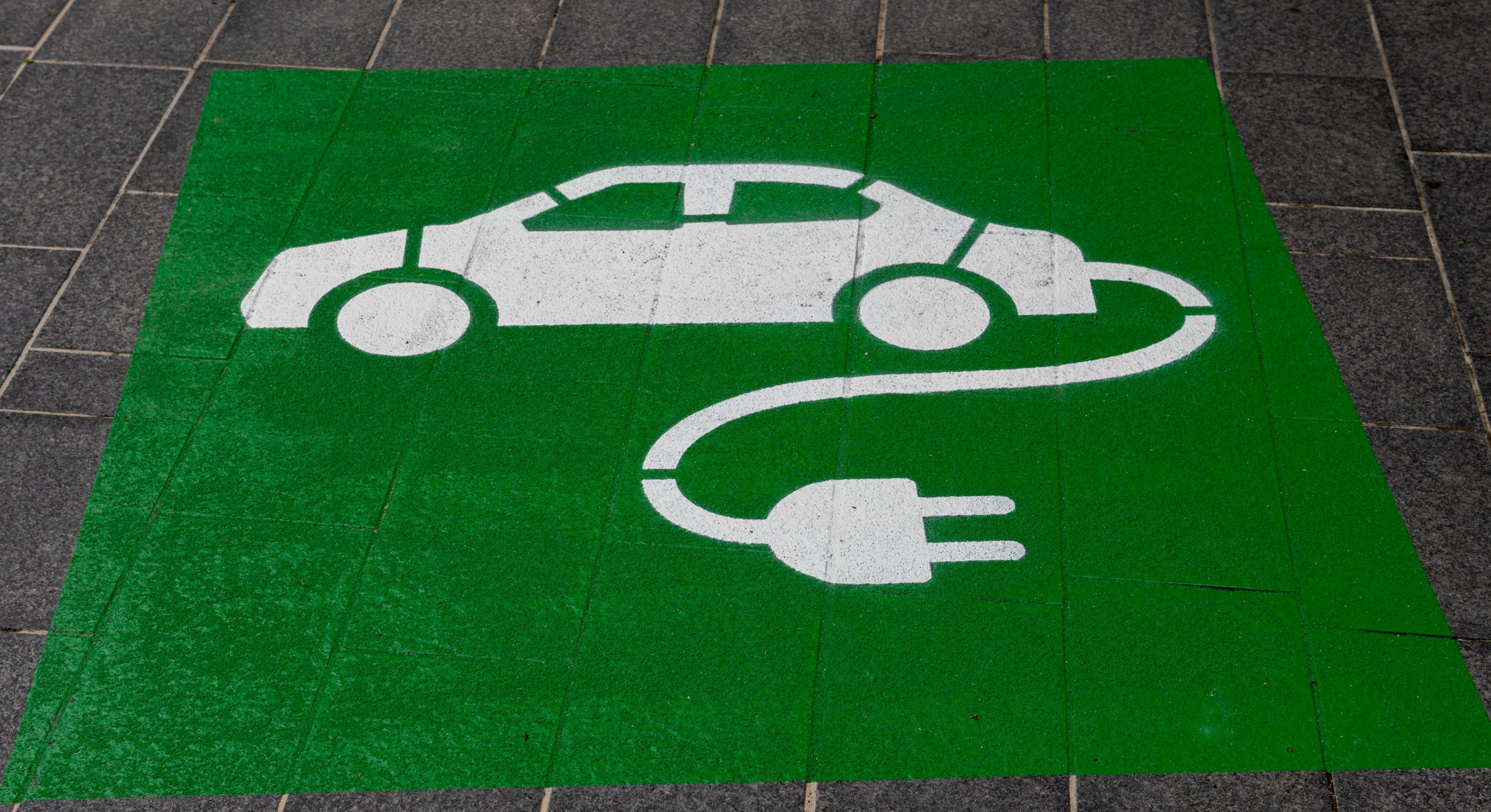Green jobs and their importance for an effective green recovery
The UK Prime Minister recently announced that now is the time to make plans for a green recovery and the need to focus on delivering high skilled jobs that contribute towards making the nation cleaner and greener. The statement from Borish Johnson included details of a 10 point plan, supported by £12 billion of government investment and an additional significant sum of money from the private sector. Mr Johnson explained that employment will rise as a result of the measures and that people will receive training for new green jobs via the government-led Lifetime Skills Guarantee.
Aside from supporting an economic recovery post-pandemic, new jobs in clean electricity and low carbon heating solutions could enable the UK to reach its net-zero targets for 2050. Generally speaking, jobs that have a positive and direct impact on our world tend to feature renewables, electric transport, energy efficiency or conservation. As more industries start to transform and make the transition to a low carbon, there are more opportunities to create green industry jobs.
The economic implications of the pandemic have created soaring levels of unemployment. We have the opportunity to rethink and reshape the employment landscape and place the environment at the core. The government’s £160 million Build Back Greener investment scheme intends to generate 2,000 new construction jobs for the manufacturing of offshore wind turbines and enhance ports nationwide. The ten-point plan includes a series of measures that predominantly focus on developing regional hubs for clean energy and new employment opportunities within the energy and environmental sectors.
Studies from the Institute for Public Policy Research suggest that by 2030, there could be more than 690,000 green jobs within the low carbon and renewable energy industry nationwide, rising further to nearly 1.2 million by 2050. The figures represent significant potential for green industry development. But how can the UK achieve such massive employment numbers in the green sector? Reports indicate that the new energy measures could provide an additional 200,000 new jobs in energy efficiency by 2030, and up to 70,000 jobs in offshore wind by as soon as 2023.
There are relative regional differences in job opportunities with the north-west representing a large focus on increased wind capacity, whilst London’s green jobs would focus predominantly around finance, IT or the legal sectors.
Why do we need to focus on a decarbonised future?
The target for a net-zero future intends to be reached by 2050, but many analysts believe it should come far sooner than this. Representatives from the University of Oxford Environmental Change Institute have suggested that we need to reach a decarbonised economy much quicker and focus on rapidly redesigning the economy and dramatically reduce the consumption and waste of our resources. To achieve this will require innovation and building an economy that depends more on reusing, repairing and repurposing and as a result, generate more creative and purposeful job opportunities.
In 2018, the UK government forecasted that the low carbon economy could increase by 11% annually up to 2030, a figure that stands much higher than the projected rate of growth of the national economy. Worldwide economic recovery plans have already exceeded £6 trillion within G20 nations, and many leaders believe the accelerated transition towards net-zero and increased investment in low carbon industries can facilitate quicker and more effective recovery from the pandemic.
Green jobs enable individuals to recognise our environmental goals and directly contribute to our future. Scientists emphasise that climate action only adds to further economic success as green jobs support the mitigation of environmental and ecological challenges facing our world.
Over the summer period, UK PM Boris Johnson announced several billion’s worths of investment to enhance the energy efficiency of our homes, public buildings and to focus on carbon capture technology. Additional investment has also been prioritised for carbon emission reduction measures in high impact sectors, including transport and construction. As a comparison, France intends to invest approximately a third of its £90 billion economic stimulus plan on greening the economy, a figure that stands higher than any other nation in the EU. Germany’s recovery plan of £120 billion will focus on climate-friendly sectors and will support green technologies and infrastructure with an excess of 30 billion investment allocated to this area.
Focus on Energy Efficiency
The Energy Efficiency Infrastructure Group have suggested that decarbonising the UK housing stock could generate over 100,000 jobs annually over the coming decade. Homeowners across the nation can apply for the green homes grant government scheme to make their home more energy-efficient. Retrofitting properties will enhance energy consumption levels but also generate additional green jobs for those working in insulation or air-source heat pumps.
Rise of electric vehicles
The government has announced accelerated plans to ban the sales of petrol and diesel vehicles in the UK by 2030. The challenge is now predominantly focused on the cost of making the switch to electric vehicles due to the initial investment required. As the industry continues to progress, the upskilling of our workforce will become even more critical. People will require additional retraining and relevant financial support to make this possible.
A greener future
A green recovery plan has the potential to boost the economy significantly, and at the same time, protect our environment and enhance our workforce. The drive for sustainability in business is continuing to increase as people become more aware and in touch with the environmental implications of our individual choices. Green jobs can develop further resilience and offer some of the best economic opportunities available. A long term investment plan in clean energy and green industries offers one of the best solutions for accelerated economic recovery in the UK.
For the latest Air Pollution Jobs, Air Quality Jobs, Electric Vehicle (EV) Charging Jobs, Electric Vehicle Jobs, Emissions Jobs, Low Carbon Vehicle Jobs, Low Emissions Vehicle Jobs and Sustainable Transport Jobs in the United Kingdom please visit – GreenJobs
For the latest Air Pollution Jobs, Air Quality Jobs, Electric Vehicle (EV) Charging Jobs, Electric Vehicle Jobs, Emissions Jobs, Low Carbon Vehicle Jobs, Low Emissions Vehicle Jobs and Sustainable Transport Jobs in Ireland please visit – GreenJobs Ireland
LOOKING TO HIRE TALENTED AIR QUALITY, ELECTRIC VEHICLE OR EMISSIONS PROFESSIONALS?
We Can Help You To Find The Right Candidate & Save You Money.
For more information please contact us at – info@greenjobs.co.uk – quoting the following promotional code – GREENFUTURE2411


